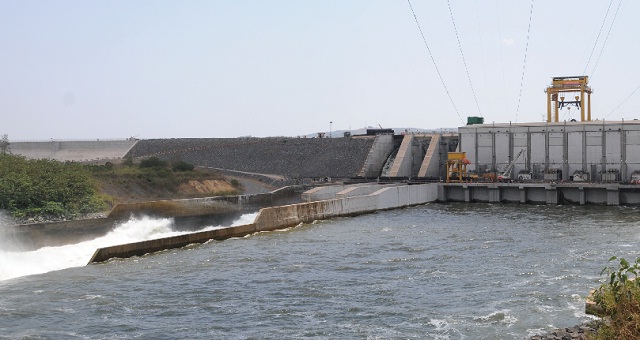
Kampala, Uganda | THE INDEPENDENT | The Parliamentary Committee on Finance, Planning and Economic Development has commenced scrutinising the new Tax Bills for the Financial Year 2022/23.
The Minister of State for Finance for General Duties, Henry Musasizi, who on Friday, 29 April 2022 presented nine tax bills before the committee said that government is not introducing new taxes in the next financial year.
“Therefore, the proposed amendments on the various tax laws mainly provide clarifications of ambiguous provisions, close loopholes in the tax laws and simplify the tax laws with a view of supporting tax administration and promoting voluntary tax payer compliance, which will ultimately enhance revenue mobilisation and collection,” Musasizi said.
The finance ministry is proposing adjustments to the Income Tax Act, Stamp Duty Act, Tax Appeals Tribunal Act, Excise Duty Act, Value Added Tax, Tax Procedures Code Act, Tax Appeals Tribunal Act, Traffic and Road Safety Act and the Uganda Revenue Act.
Among the contentious issues that raised dust during the committee meeting chaired by Keefa Kiwanuka is the proposal to amend the Income Tax Act to extend the income tax exemption for Bujagali Power Generation Company from 01 July 2022 to 30 June 2027.
Bujagali Power Generation Company, which owns and operates the Bujagali Power Station was first given a 10-year tax exemption in 2007 and later given another five-year exemption in 2017 which expires this year.
According to Musasizi, another five-year income tax exemption would reduce the average electricity tariff of Bujagali hydro power project by 4.7 per cent from the current US cents 10.62 per kWh to about US cents seven per kWh.
“Our economy is much better when the cost of doing business is low in terms of power, transport and money among others. So the Bujagali Power Project is aimed at reducing the cost of doing business for Ugandans. Bujagali has not yet recouped and if we deny them this exemption then the cost of power is likely to increase,” Musasizi said.
However, MPs rejected the proposal saying that the 15-year tax exemption that Bujagali has benefitted is sufficient for the project to find its economic muscle and operate optimally without such incentives.
“In 2017, this committee was persuaded to renew this exemption for the last time with the view that tariffs would come down to US cents seven per kWh, but it is still at 10 cents. I am not among those who will again exempt Bujagali. An ordinary Ugandan pays for land, pays all taxes, but Bujagali is exempted and walks away with all the profits,” Muhammad Nsereko (Kampala Central Division) said.
****
SOURCE: PARLIAMENT MEDIA
 The Independent Uganda: You get the Truth we Pay the Price
The Independent Uganda: You get the Truth we Pay the Price


Government should reduce the power tariffs since the country has enough electricity.